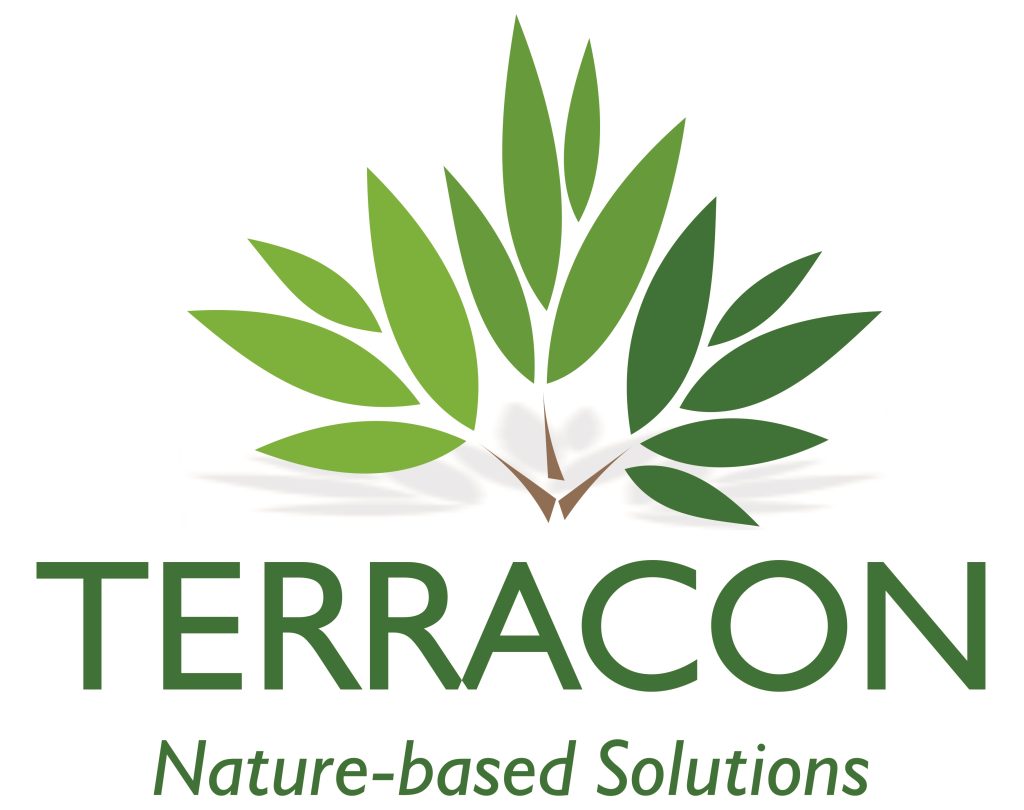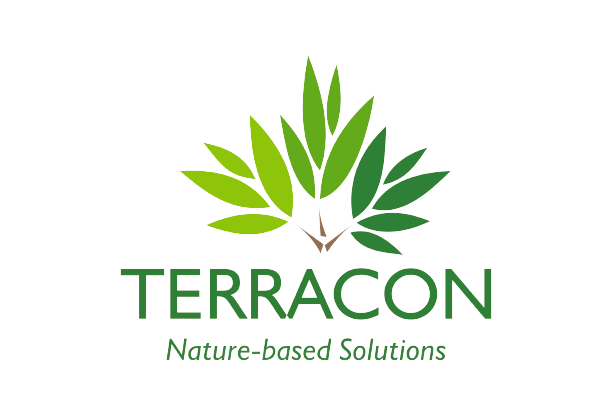talk to us
Do you have any question?
Nature-based Solutions (NbS) are like nature’s superpowers—innovative and sustainable approaches that harness the inherent power of nature to solve problems and promote sustainability.
Nature-based Solutions encompass a wide range of practices and techniques that leverage natural resources and processes. Some common types include: Ecosystem Restoration, Green Infrastructure, Sustainable Agriculture, Natural Flood Management and many more
Biodiversity No Net Loss (NNL) is about making sure that when we build things or make changes, we don't harm nature more than we help it. We aim to balance out any harm to plants and animals by doing things that help them, so overall, nature stays just as healthy as before.
It is a methodical approach to managing biodiversity, biodiversity actions plans (BAPs) can guide businesses in achieving their nature-positive goals
While BMPs or BAPs may not be mandatory for all companies, they are required for certain activities that have a significant impact on biodiversity, such as large infrastructure projects. The specific requirements for BMPs or BAPs may vary depending on national or local regulations.
India has several key laws to protect biodiversity.
1)The Biological Diversity Act, 2002 conserves biological diversity and ensures fair sharing of benefits from biological resources.
2) The Wildlife Protection Act, 1972 protects wild animals, birds, and plants, establishing protected areas.
3) The Forest Conservation Act, 1980 regulates forest land use to conserve forests.
4) The Environment Protection Act, 1986 provides a framework for environmental and biodiversity protection, while the Indian Forest Act, 1927 regulates forests, forest produce, and forest land management.
Together, these laws aim to protect biodiversity and promote sustainable resource management.





